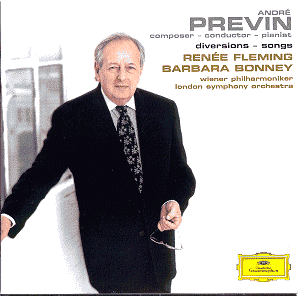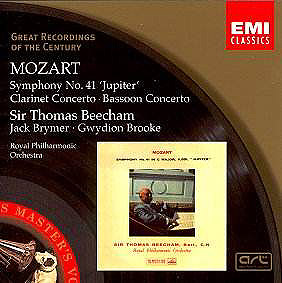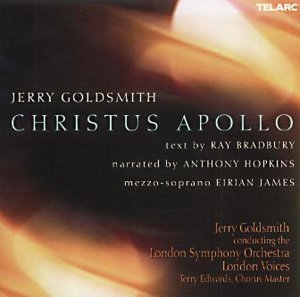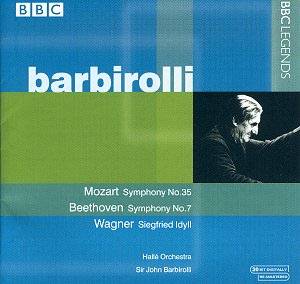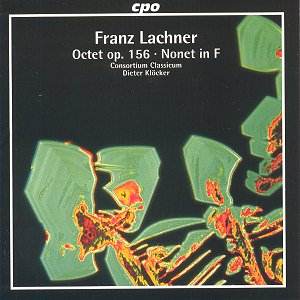 Composer: Franz Lachner
Composer: Franz Lachner
Works: Nonet in F (1875), Octet in B flat, op. 156 (pub. 1850)
Performers: Consortium Classicum, Dieter Klöcker (conductor)
Recording: Recorded 1974
Label: CPO 999 803-2 [65’20”]
Franz Lachner, often overshadowed by his contemporaries, offers an intriguing glimpse into the post-Schubertian landscape of Romantic chamber music. A close friend of Schubert, Lachner’s music reflects a genial spirit and a melodic sensibility that, while sometimes lacking the urgency of his more celebrated peers, nonetheless provides gentle pleasures. The present recording features his Nonet and Octet, showcasing Lachner’s mastery in weaving intricate textures and charming motifs that merit deeper exploration beyond the conventional “nice, friendly music” label.
The Nonet in F, composed late in Lachner’s life, exhibits a relaxed, pastoral charm that invites listeners into its warm embrace. The performers, under Dieter Klöcker’s direction, present the work with a congeniality that enhances its lyrical lines. The clarity of the ensemble, while not flawless, captures the essence of Lachner’s melodic intent. The second movement particularly shines, highlighted by a clarinet-led trio that reveals moments of poignant inspiration, reminiscent of Schubert’s own lyricism. Here, the clarinet’s timbre dances gracefully over the strings, creating a dialogue that is both intimate and expansive. In contrast, the Octet, published earlier in Lachner’s career, displays a greater resourcefulness in thematic development. Its clear-cut themes do not necessarily bespeak a sleepless night of inspiration, yet Lachner’s handling of these motifs sustains interest throughout. The perky Scherzo stands out as a testament to Lachner’s playful spirit, suggesting a composer who, while rooted in the past, still possessed a sense of joy in creation.
The recording quality from 1974 holds up remarkably well, allowing the nuances of Lachner’s orchestration to emerge clearly. The engineering captures the balance between the individual instruments and the ensemble as a whole, allowing listeners to appreciate the subtleties of the textures. However, one might note occasional lapses in ensemble precision, which, while not detracting from the overall enjoyment, do hint at a less-than-immaculate rehearsal process. This aspect, nonetheless, adds a certain warmth to the performance, creating a sense of camaraderie among the musicians that befits the character of Lachner’s compositions.
Comparatively, this recording stands as a valuable document of Lachner’s work, especially given the scarcity of recordings dedicated to his oeuvre. While other interpretations may seek to imbue the music with a more fervent urgency, Klöcker’s approach remains refreshingly straightforward, allowing the inherent charm of the compositions to shine through without undue embellishment. Such a perspective invites listeners to appreciate Lachner’s music on its own terms rather than through the lens of more dramatic contemporaries.
The deep friendship between Lachner and Schubert is not merely a biographical footnote; it suggests a shared ethos of musical exploration and collaborative spirit that resonates throughout the Nonet and Octet. Lachner’s ability to craft melodies that linger in the memory, coupled with a light-heartedness often absent from the more intense works of the era, offers a delightful counterpoint to the pervasive Sturm und Drang of the Romantic period. This recording of Lachner’s Nonet and Octet is a commendable introduction to a composer who, while perhaps lacking the divine spark of Schubert, brings forth a warmth and sincerity that is both refreshing and deserving of recognition in the chamber music repertoire.
